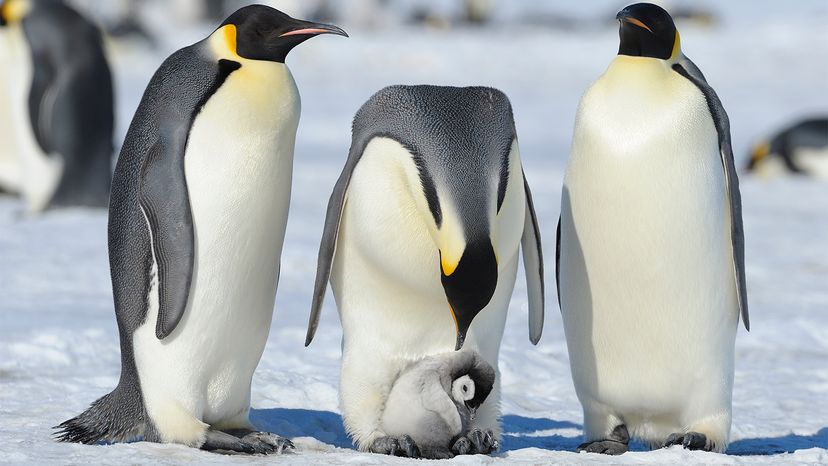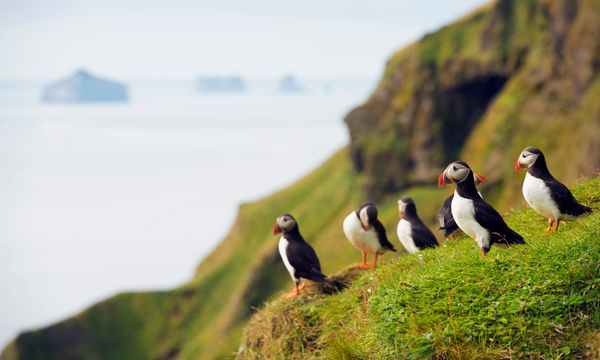With so many penguin species, the conservation status runs the gamut from those that are of "least concern" like the Adelie and the "vulnerable" Macaroni which live and breed in Antarctic waters, to "endangered" Northern Rockhopper penguins, found in the more temperate South Atlantic and Indian Oceans, on the International Union for Conservation of Nature's (IUCN) Red List of Threatened Species.
African penguins are also endangered on the IUCN Red List. "Their numbers have decreased 90 percent over the last 100 years," says O'Dell. "There are only 16,000 breeding pairs left. There's speculation that this species of penguin could be extinct within our lifetime, possibly in the next 15 to 20 years without significant changes."
The problems are mostly man-made. In addition to competing with humans for the same fish, O'Dell says their prey has also moved. "The penguins have to swim farther to get food and by the time they get back to their chicks, they've digested everything," she says. "They don't have anything to feed their young."
"Georgia Aquarium has committed to the species in a lot of different ways. There are people from our team, from vet services, who support the South African Foundation for the Conservation of Coastal Birds (SANCCOB) to help with rescue, rehab and release of African penguins and other seabird species, and fund research projects to get the African penguin population growing in the right direction again."

